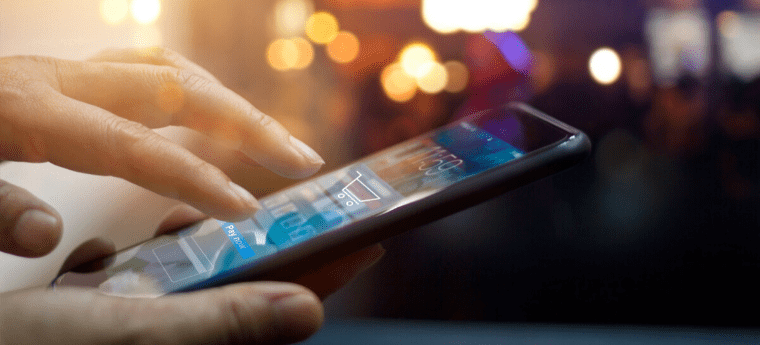[UPDATE] Could a mobile app for contact tracing help in the fight against COVID-19?

Researchers and bioethics experts from Oxford University’s Big Data Institute and Nuffield Department of Medicine (both Oxford, UK) have provided evidence suggesting the development of a mobile app for instant contact tracing to combat the spread of the novel coronavirus, COVID-19, is feasible.
[UPDATE]: The team of researchers and bioethics experts has recently published new work investigating SARS-CoV-2 transmission and the feasibility and ethical considerations of utilizing a mobile app to instantly trace contacts of individuals who contract the disease.
Researchers and bioethics experts from Oxford University’s Big Data Institute and Nuffield Department of Medicine (both Oxford, UK) have provided European governments with evidence suggesting that the development and use of a mobile app for instant contact tracing during the COVID-19 pandemic is feasible. The team believe that, if implemented rapidly, such technology could help contain the spread of the novel coronavirus.
The team caution that such an app should be implemented with appropriate ethical considerations and be used as part of an integrated strategy — alongside measures such as social distancing and frequent hand washing — to rapidly identify recent person-to-person contacts of individuals who test positive for the virus, using digital technology.
Currently, the number of daily confirmed cases of the novel coronavirus outside of China outnumber those reported in China. Due to the rapid spread of the virus, public health officials in the UK may be unable to effectively and rapidly trace the person-to-person contacts of individuals as they test positive for the disease, especially as many patients have incomplete histories and knowledge of the full extent of their recent face-to-face interactions.
Christophe Fraser (Oxford University’s Big Data Institute and Nuffield Department of Medicine) commented: “Our mathematical modeling suggests that traditional public health contact tracing methods are too slow to keep up with this virus.”
“Coronavirus is unlike previous epidemics and requires multiple inter-dependent containment strategies. Our analysis suggests that almost half of coronavirus transmissions occur in the very early phase of infection, before symptoms appear, so we need a fast and effective mobile app for alerting people who have been exposed,” explained Frasser.
The concept of the app in question is simple: as an individual tests positives for COVID-19, recent face-to-face contacts of the individual will be alerted and advised to isolate, as per guidelines.
However, Michael Parker (Director of both the Wellcome Centre for Ethics & Humanities and Ethox Centre; both Oxford, UK) stated: “The use of any coronavirus mobile application requires high ethical standards throughout the intervention, including: guaranteeing equal access and treatment; addressing privacy and data usage concerns; adopting a transparent and auditable algorithm; considering digital deployment strategies to support specific groups, such as health care workers, the elderly and the young; and, proceeding on the basis of individual consent.”
Many cases of the virus are being spread before individuals are even presenting as symptomatic for the disease. “To effectively tackle this pandemic we need to harness 21st century technology. Our research makes the case for a mobile application that accelerates our ability to trace infected people and provides vital information that keeps communities safe from this pandemic,” Fraser concluded.
Sources:
Ferretti L, Wymant C, Kendall M et al. Quantifying SARS-CoV-2 transmission suggests epidemic control with digital contact tracing. Science. doi:10.1126/science.abb6936 (2020) (Epub ahead of print); www.bdi.ox.ac.uk/news/infectious-disease-experts-provide-evidence-for-a-coronavirus-mobile-app-for-instant-contact-tracing; www.bdi.ox.ac.uk/news/controlling-coronavirus-transmission-using-a-mobile-app-to-trace-close-proximity-contacts
